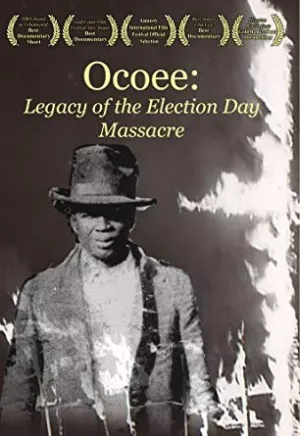
One of the greatest mysteries in Central Florida history, is the legacy of the Ocoee race riot of 1920. The racial and political climate of the United States duirng the early part of the twentieth century was very tense. African-American men fought in World War I and had returned to the United States to learn that their freedom was always questioned. African-American veterans recognized that though they fought for civil liberties overseas, they were not alotted many of the same justices in thier own country.
The frustration of segregation, discrimination and racial violence led to the eruption of a series of riots that ocurred throughout the summer of 1919 in many U.S. cities. This summer was known as the "Red Summer". During the early part of the century there was also a resurgence of the Ku Klux Klan. The growth of the KKK resulted from several factors. Not only had the film A Birth of a Nation been released, but there was growing economic competition from the African-American community.
In 1920, Ocoee, Florida had not yet been officially incorporated into a town, it was merely a settlement of families, primarily citrus growers, outside of Orlando. The 1920 United States census placed the population of Ocoee at nearly a thousand inhabitants, 495 of them were African-American. Early in the Fall of 1920, Mose Norman and Julius "July" Perry, both prosperous African-American landowners in Ocoee, register blacks to vote in Orange County, Florida. This voter registration campaign is initiated by white Republican Judge John M. Cheney, who was running for the Senate. At the time, much of Orange County is poiltically dominated by white Democrats. Many sources have concluded that Norman and Perry even pay the poll tax for those that could not afford to vote. The action of Cheney, Perry and Norman does not go unnoticed, and they are harassed by Klansmen who are opposed to African-Americans excercising their right to vote.

Add comment